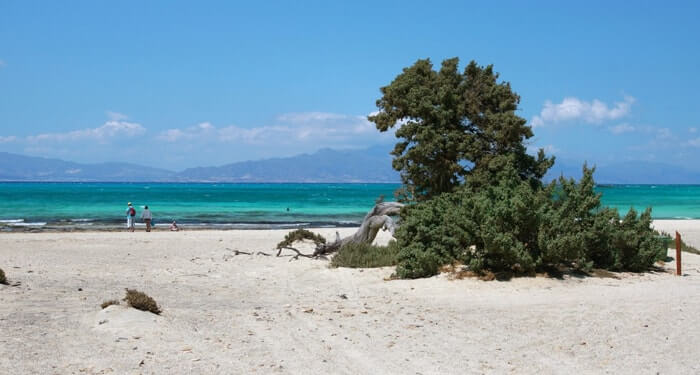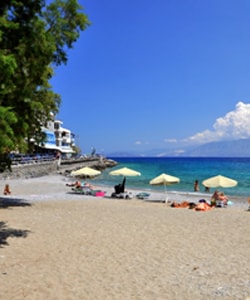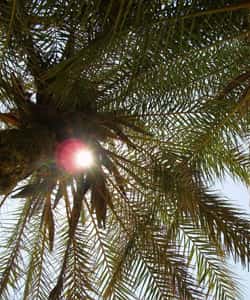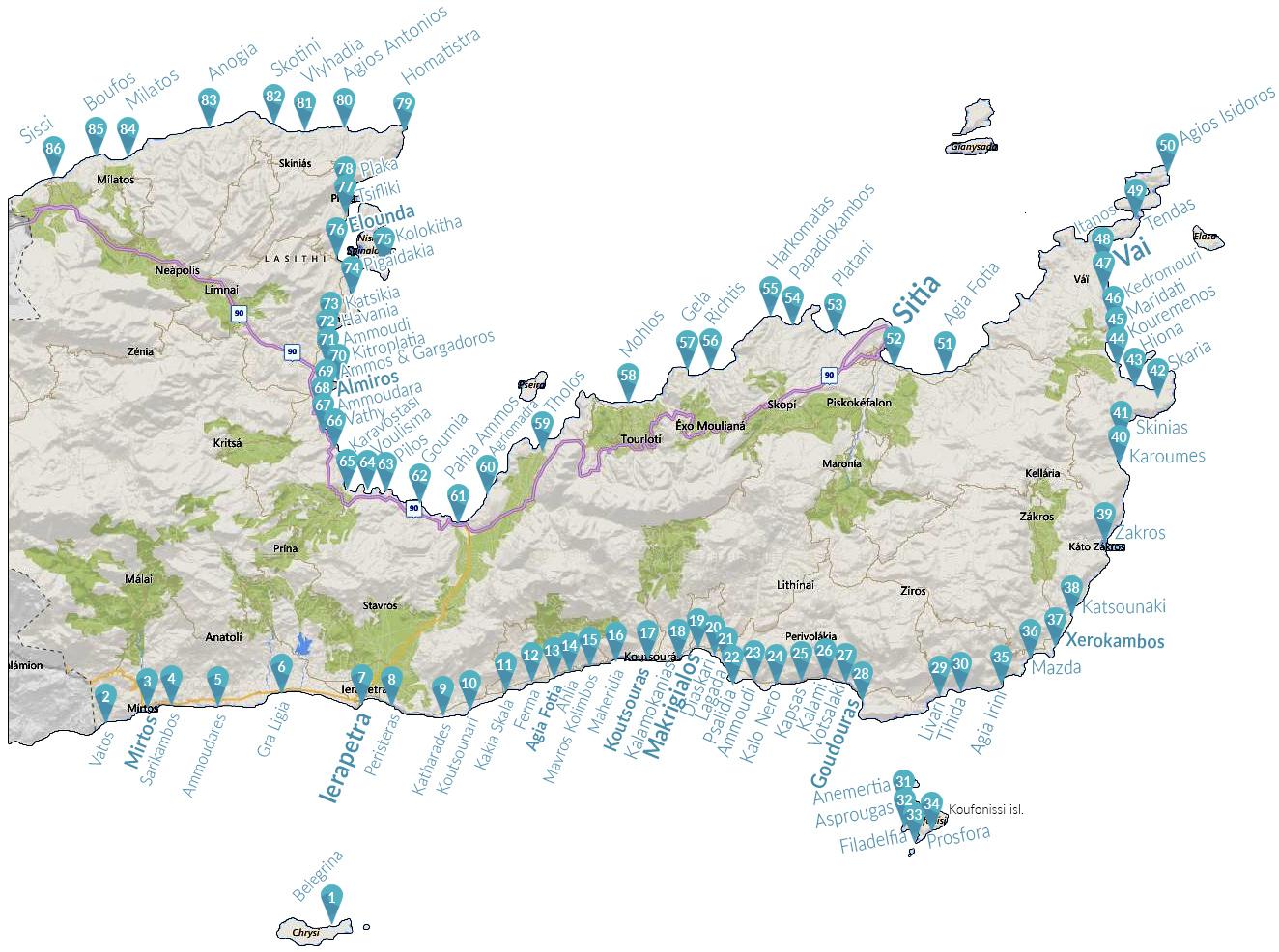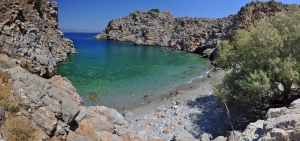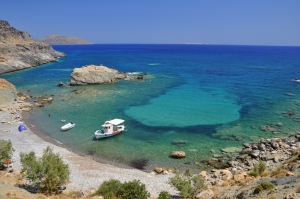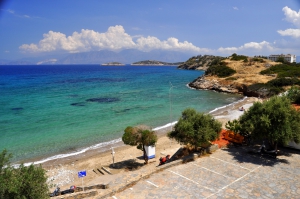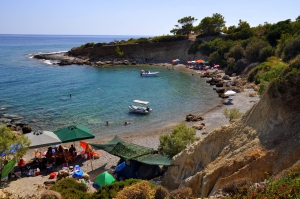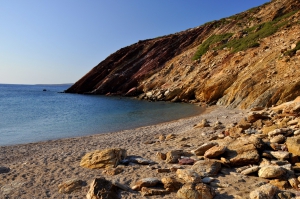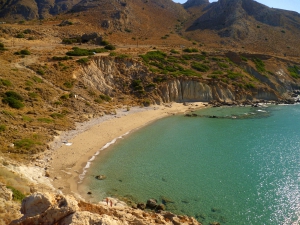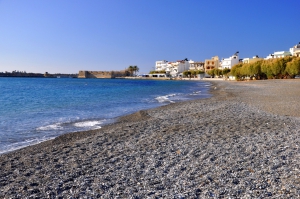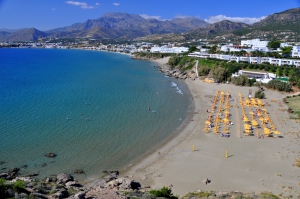To get there you should follow the dirt road that crosses the green meadows west of Kavoussi, known as Lakos Ambelion position, till the entrance to the gorge. From here begins a short path, not particularly difficult, leading after 10 minutes on the beach of Agriomandra. Just before you reach the beach you will see several small caves in the rocks.
Kalo Nero is located close to Kapsa Monastery, 68km south of Agios Nikolaos and 33km east of Ierapetra, in one of the most rugged areas of eastern Crete. It is a small village at the outlet of a small, but inaccessible, rocky canyon. You will see the church of Panagia (1881), around which the inhabitants of the mountainous village Pervolakia built buildings to stay, when they brought their cattle to graze here. The church was built on the remains of an older chapel, owned by Kapsa Monastery, which was built in 1461.
500m north of the legendary Mirabelo hotel you will find the tranquil beach of Havani, where a well organized municipal beach operates. In Havania there are options for accommodation and food. On the beach you will find a lifeguard and water sports. According to reports, during the years of Ottoman rule there was a small port and its remnants are still visible in the sea.
The place is known as Maheridia and is one of the favorite beaches of locals, which is quite unknown to everybody else. The beaches are not visible from the main road running next to them, thus you have to walk till you meet them. They are surrounded by vertical cliffs, however there are some primitive trails to the beach.
If you walk along the coast to the north of Maridati till Vai palmgrove, you will meet several small coves, totally secluded accessed only by boat or on foot (it takes 2:30 hours to reach Vai). The most beautiful beach is located at the middle of the distance (Vai-Maridati) and is named Kedromouri, i.e. cedar Cape, after the trees in the area.
Ammoudi is located 66km southeast of Agios Nikolaos and 29km east of Ierapetra, just next to the road connecting Makrigialos and Goudouras. It's main beach is also called Dragon's Cave, due to a large cave 500m north of the beach and the homonym tavern next to it. There are 2 more secluded coves west of Dragon's Cave beach, both accessed on foot or dirt track.
Ierapetra is located 35km southeast of Agios Nikolaos and is the southernmost city of Greece. It is built in one of the warmest areas of Crete, which makes it very popular for holidays, even until the end of autumn. The wider area of Ierapetra is famous for its beaches, stretching along a vast beachfront. Almost all of them are covered by the characteristic fine black pebbles, which do not stick in the leg, and the sea is usually flat.





